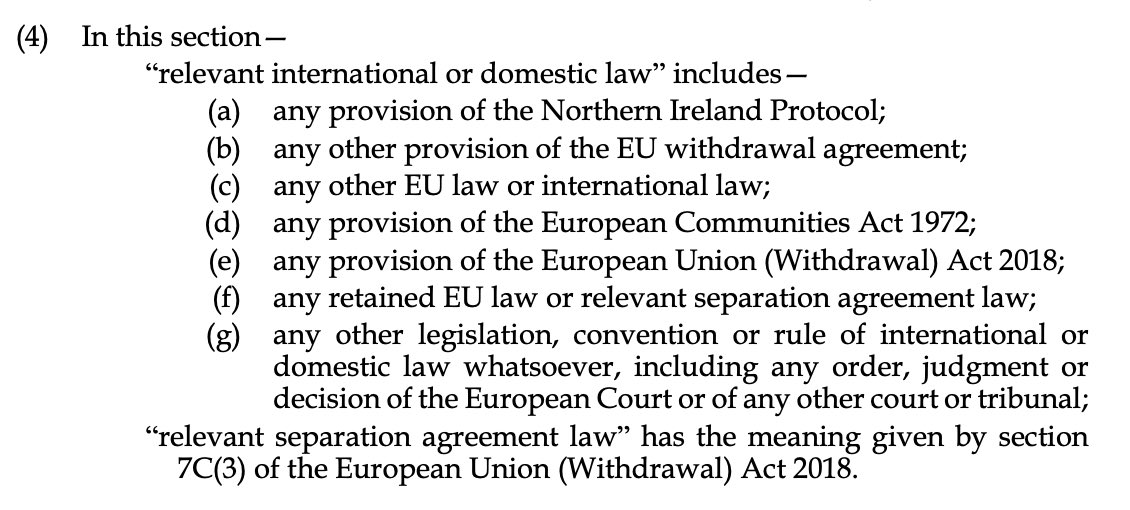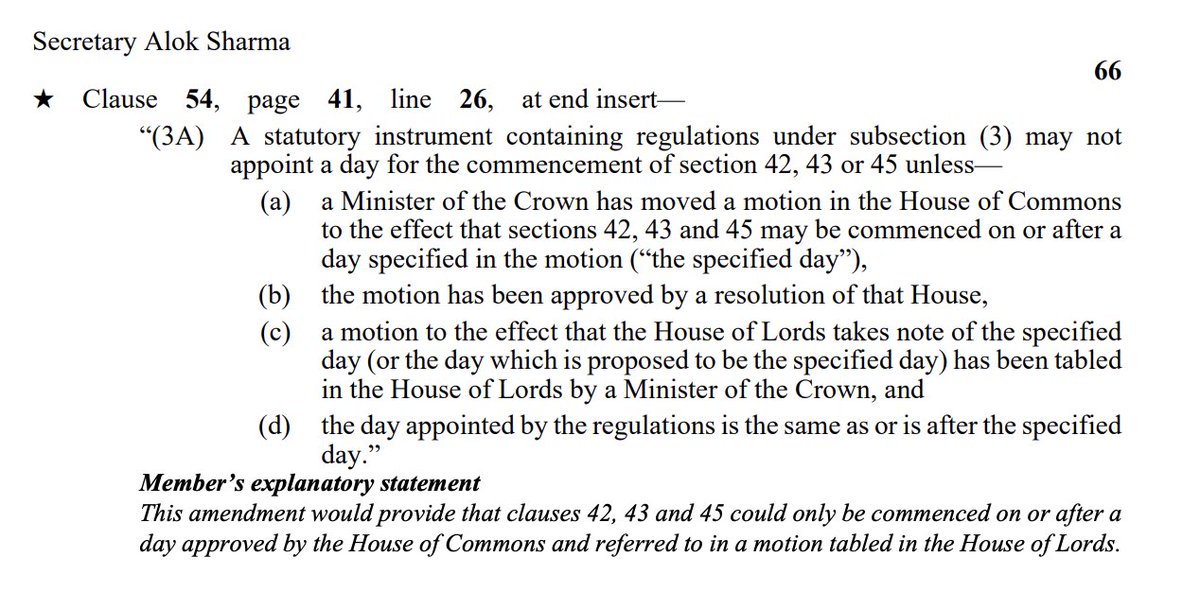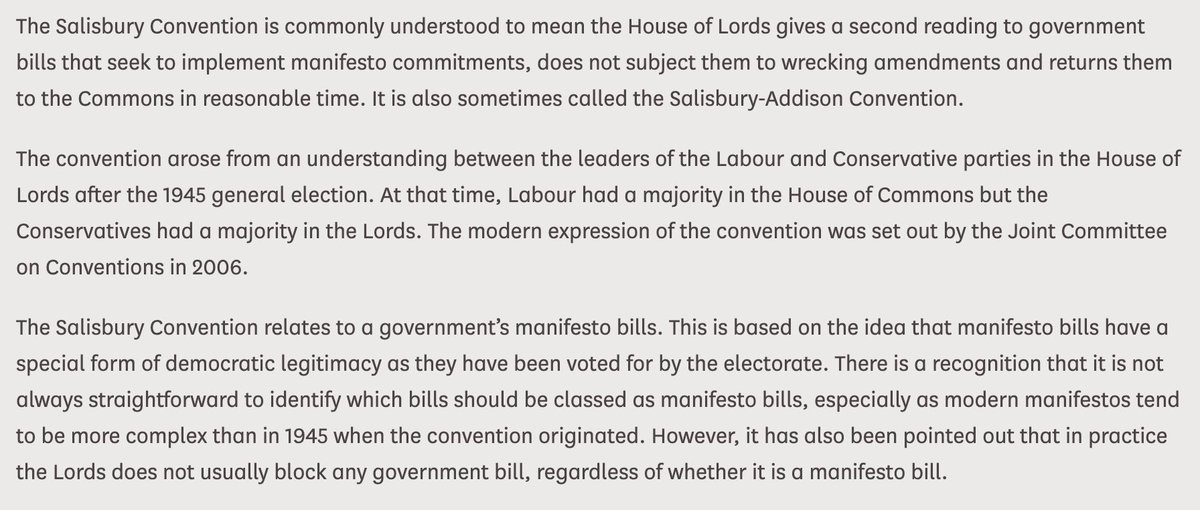
I’m grateful to @thetimes for referring to my comments on the EU (Future Relationship) Bill. /1 
https://twitter.com/profmarkelliott/status/1343924395362889735

In my comments, I focussed on the very unusual technique adopted in clause 29, which requires UK law to be read and applied as if it has been modified in line with the future relationship Agreements even if it has not actually been modified. /2
That approach, although it’s not wholly unprecedented and shares something in common with the direct effect provisions in the ECA 1972 and the EU (Withdrawal Agreement) Act, creates significant concerns regarding clarity and legal certainty - ie establishing what the law is. /3
But the constitutional concerns regarding the Bill are not confined to clause 29. In addition, very extensive Henry VIII powers, enabling Ministers to make law and override Acts of Parliament, are also conferred by the Bill. /4
More generally, it’s very concerning that parliamentary consideration of both the future relationship Agreements and the Bill is being rushed through in one day. As the @HLConstitution Committee has noted, this precludes any adequate form of scrutiny. /5 committees.parliament.uk/publications/4…
It is far from clear why it is necessary to legislate on a permanent, as distinct from a temporary or emergency basis, in such haste, as @jeff_a_king has very cogently pointed out. /6
https://twitter.com/jeff_a_king/status/1344072870377517056
Taken in the round, what is happening today in Parliament is very difficult to square with the notion of ‘restoring’ parliamentary sovereignty - a notion that, as I pointed out yesterday, is fetishised and misunderstood in equal measure by some Brexiteers. /7
https://twitter.com/profmarkelliott/status/1344019768861483008
Today’s proceedings are a microcosm of the approach to Brexit that has been pursued throughout: namely, the hoarding of power by the UK Government at the expense of respect for any part of the constitution - devolved, parliamentary or judicial - that threatens its hegemony. /8
This undoubtedly amounts to a form of ‘taking back control’, but hardly in the sense that was taken to have been intended by those who peddled that notion four and a half years ago. /ends
• • •
Missing some Tweet in this thread? You can try to
force a refresh









